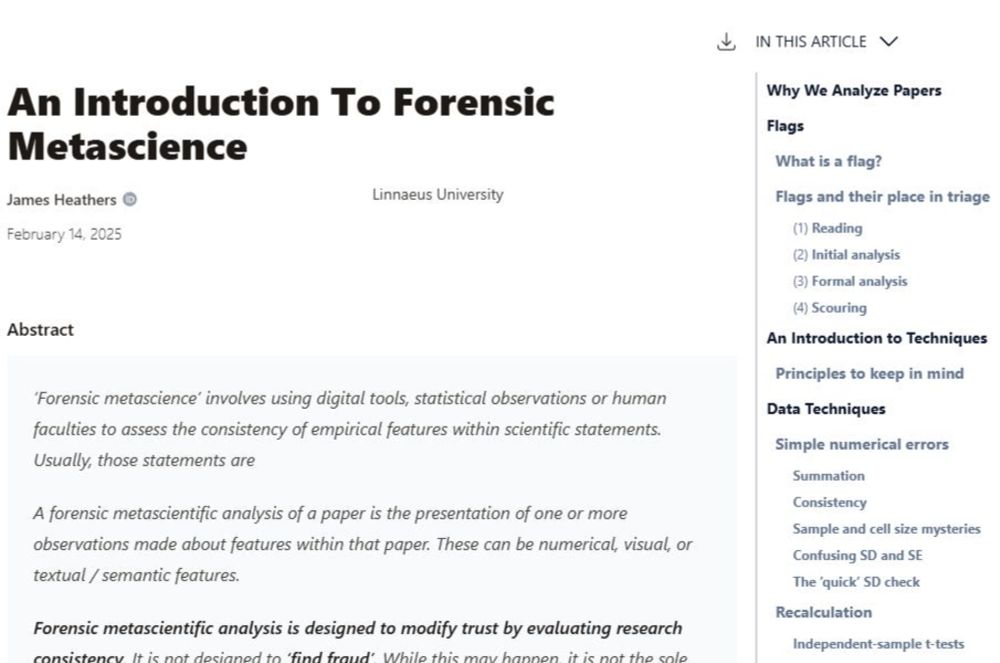Jan Vanhove
@janhove.bsky.social
56 followers
54 following
37 posts
Senior lecturer at the Department of Multilingualism at https://unifr.ch/. Master's student statistics at https://unibe.ch/. Saxophonist with https://beatmoustache.ch/. Aficionado of Danish ska.
Blog & website: https://janhove.github.io
Posts
Media
Videos
Starter Packs
Pinned
Reposted by Jan Vanhove
Jan Vanhove
@janhove.bsky.social
· Sep 13
Jan Vanhove
@janhove.bsky.social
· Sep 7
Jan Vanhove
@janhove.bsky.social
· Feb 23
Jan Vanhove
@janhove.bsky.social
· Feb 16
Reposted by Jan Vanhove
Jan Vanhove
@janhove.bsky.social
· Feb 14
Jan Vanhove
@janhove.bsky.social
· Feb 14
Jan Vanhove
@janhove.bsky.social
· Feb 6
Jan Vanhove
@janhove.bsky.social
· Feb 6
Jan Vanhove
@janhove.bsky.social
· Feb 6
Jan Vanhove
@janhove.bsky.social
· Nov 26
Jan Vanhove
@janhove.bsky.social
· Nov 26
Reposted by Jan Vanhove
Jan Vanhove
@janhove.bsky.social
· Nov 4













